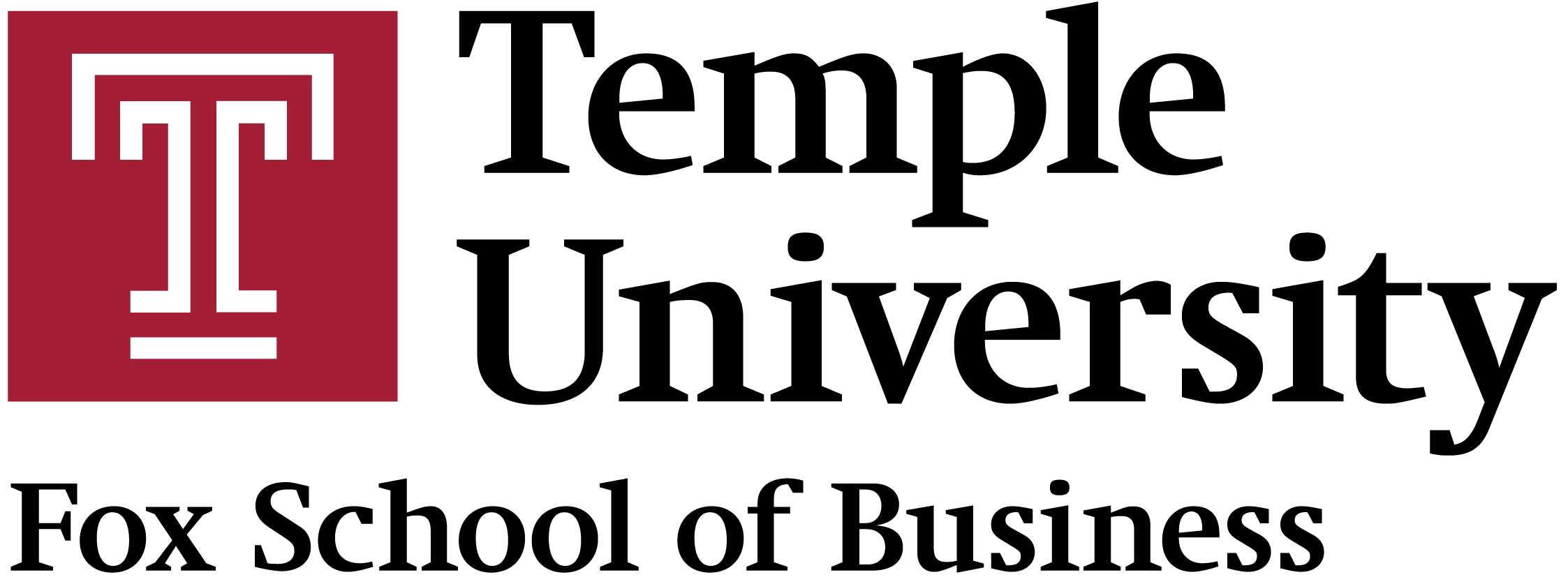OwlHacks
Temple University’s student led annual hackathon was held throughout September 27-28 at the College of Science and Technology. It’s an event where all students with various coding experiences get together and create the best, innovative project all the while attending workshops and events that cover different areas like web development, etc. There was a diverse group of students who came to the event and although there were mostly students who majored in computer science– there were also students who majored in business, cybersecurity as well as those who came from different schools like Drexel. During the event, I attended the workshops, and I learned a lot of tools and terms that were unfamiliar to me. For example, I never heard of MLH, who were one of the sponsors of the event. They provided opportunities like internships, fellowships and hackathons. In fact, the first two workshops I attended were also hosted by them. Zaid, a coach from MLH, shared information and demonstrated on how to hack with GitHub. Before he went into how it would work, he emphasized that learning to use AI throughout your development flow is now an essential skill as it can increase your productivity and output. GitHub Copilot is one of the tools that can help one do exactly that. It is an AI programmer that can help one code that’s fully genetic and high-quality compared to AI coding in 2024 where it had unreliable output, outdated and siloed. This was also my first time knowing about GitHub and thanks to the workshop, I was able to get a general idea of how to utilize it to help me code. Of course, one should not solely rely on it. The second workshop I attended was an Intro to Google AI Studio where I also saw a live demonstration on how to use it through creating a web app for a raffle as they were giving away stickers and shirts. Through the workshop, I was able to learn what API keys were and the different tools Google AI Studio can give. Although it has limited information (only has info from January 2025), it can pull things from Google if enabled when asking questions. Gemini Stream can see your screen and can give responses based on that through commands and questions. Gemini Chat can give you code in which Zaid used it to build a raffle and Gemini Build can serve that same purpose.
As for the other workshops I attended, I learned about SAST with GitHub and WebGoat with Derek Fisher. SAST is static analysis (looking at code itself) while dynamic analysis is looking at code that’s running. The workshop gave me a better idea of what tools and terms are used in coding like WebGoat, repositories, OWASP (Top 10 Weaknesses in Web Apps), and personal access tokens. The last workshop I attended was David Loder’s Web Jam Starter Pack Workshop. It gave hands on experience by running code in Powershell and made me more aware of other programs that people use for coding such as Package Managers like Chocolately (for Windows users). He used Powershell and GitHub to create a web app for a resume, utilizing CSS (Cascading Style Sheets) and W3Schools Templates.
And although I wasn’t able to make a project for the hackathon this year due to my part-time job, I was still able to learn so much from the workshops and people around me. I was able to be more aware of tools and terms that I can use for coding and hopefully, I’ll be able to fully utilize those things for my project for next year’s OwlHacks or other personal projects.

